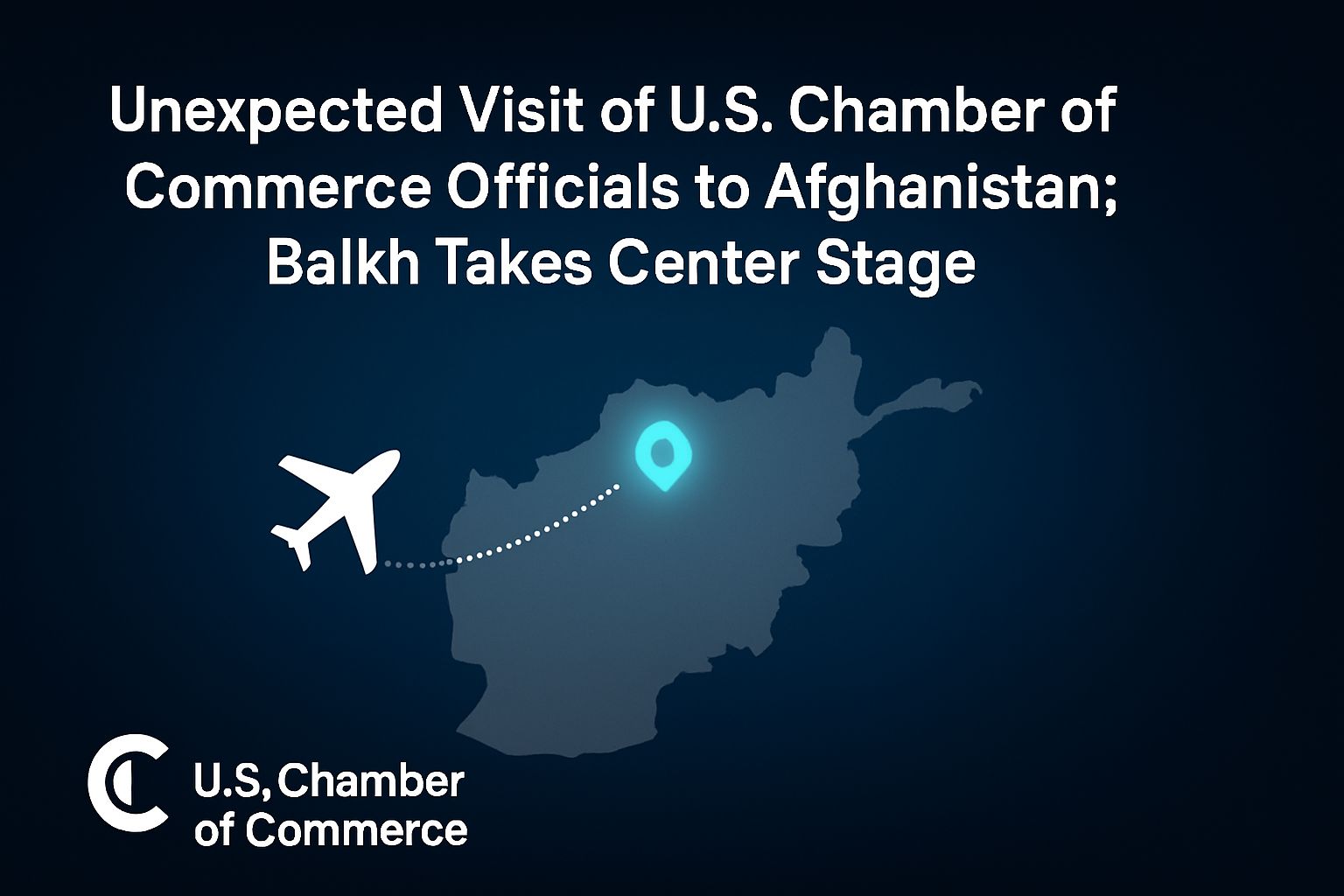
At the heart of one of the most complex commercial cases in recent years, two well-known Afghan businessmen – Kamal Nabizada and Zabi Vahap – both listed on the U.S. Department of the Treasury’s sanctions list, are now locked in a financial dispute stretching from Iranian ports to markets in Central Asia and China.
The beginning: an accusation
Kamal Nabizada, an Afghan businessman who in media circles is often referred to as being close to Putin, told Arg Times that his business partner, Zabi Vahap, had withheld tens of millions of dollars in profits from a trade deal and refused to share them equally.
Sources told Arg Times that the dispute has become so serious that mediation meetings have been held in Uzbekistan with the participation of several Afghan businessmen, and the matter has even reached the Taliban embassy in Tashkent.
The bigger picture: allegations of Iranian oil trade
Two independent sources told Arg Times that, in recent months, the two businessmen loaded five oil tankers in Iran and transported them to markets in Central Asia and China. These sources alleged that the shipments entered these markets under falsified documents, labeled as “Iraqi oil” or “Arab oil.”
Trading with Iran is considered illegal due to the extensive U.S. and allied sanctions, and the fact that both men’s names appear on the OFAC sanctions list makes this case even more complicated.
Arg Times has not been able to independently verify or refute these claims at the time of publication.
Responses from the parties
Repeated attempts to contact Mr. Vahap went unanswered.
However, Kamal Nabizada, in response to our questions, categorically denied transporting Iranian oil, saying:
“The shipments in question were not oil at all. They were chemical codes transported from Russia to China.”
Nevertheless, he confirmed that he has not yet received his share of the profits from these shipments.

According to official U.S. Treasury documents, Vahap was sanctioned for facilitating financial networks linked to Iran, particularly for entities associated with the Islamic Revolutionary Guard Corps (IRGC). He holds Afghan and Turkish citizenship and is reported to manage part of his family’s assets in the UAE and Central Asia. His birthplace is listed as Aqcha, Afghanistan.

Nabizada was sanctioned by OFAC for his role in an international network engaged in oil smuggling and money laundering for Iran. The U.S. Treasury has identified him as part of a network active between Russia, the UAE, and Iran.
Unanswered questions
Were these shipments truly Iranian oil, or chemicals as Nabizada claims?
Who prepared the falsified documents, and how?
Why have China and Uzbekistan not issued any official statement on this matter?
What is the role of the Taliban embassy in this case — merely an observer or an active mediator?
An open ending
The case remains unresolved. Vast financial interests, complex transit routes, and multi-layered trade networks have turned this into a puzzle whose answers could provide a new perspective on informal trade and sanctions evasion in the region.
Arg Times remains committed to following this story closely and publishing any new findings.



